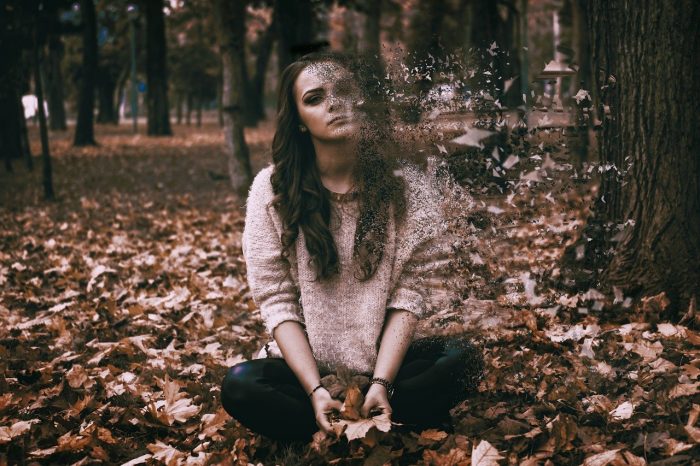According to the Anxiety and Depression Association of America, anxiety disorders affect 40 million US adults every year, or 18% of the population. This makes anxiety the most common mental illness in the country.
Unlike other illnesses, anxiety is not well known in the general community and it is not commonly discussed. This means that many people when faced with a diagnosis do not know how to treat it , or may not recognize the symptoms at all. There are also a number of misconceptions around the treatment of these illnesses, such as you just need to “tough it out”, or that medication is the only answer.
Let’s take a look at 6 science-backed ways to treat anxiety and depression.
- Exercise
The old saying of “walking off” a bad mood can be problematic, because this attitude diminishes very real mental health problems and ignores their underlying causes. However, physical exercise can be highly beneficial in lessening the symptoms and helping to manage many mental illnesses, including anxiety and depression.
Studies have shown that regular exercise can help to relieve anxiety and depression, as well as reducing stress for just about everyone. Interestingly, this does not necessarily require long or intense exercise, nor is more exercise necessarily better. Studies found the same benefits of a 10 minute walk as 45 minutes of intense exercise. Exercise has also been linked to preventing the onset of anxiety and depression, with physically active people exhibiting lower rates of these conditions.
- Yoga
One particular type of physical activity, yoga, has been shown to have a range of benefits when it comes to anxiety. Increasing numbers of studies in recent years have shown links between regular yoga practice and reduced symptoms of anxiety and panic disorders. There is also some evidence that yoga can help build healthy stress responses, by increasing heart rate variability, and therefore training the body to be more flexible in dealing with stress.
This is unsurprising given the meditation component of yoga: researchers have known since the 1970s that meditation and relaxation can be very useful in managing depression and anxiety. Yoga in particular helps to modulate the body’s stress response systems, which reduces heart rate, lowers blood pressure, and aids with slower, more even breathing. All of these factors aid in dealing with stress, anxiety and depression.
- Avoid Alcohol
It is not uncommon for people suffering from anxiety or depression to “self-medicate” with alcohol. This will make you feel better for a short amount of time: alcohol is a sedative and this will make you feel calm for a short amount of time. However, this buzz will soon wear off, and the anxiety or depression will return, likely worse than before.
Medical research has shown that alcohol will exacerbate issues of anxiety and depression in the long term. This is mostly because sufferers rely on alcohol rather than addressing their mental health issues. Untreated, these issues multiply. Additionally, using alcohol to mask mental illness will almost certainly lead to a dependency in the long term, with a number of negative effects.
- Get More Sleep
One of the best treatments for anxiety and depression is one regulated by our own bodies: simply getting enough, good quality sleep. Sleep regulates our bodily functions, and so failing to get proper sleep, especially on a regular basis, can make mental illness worse. A large survey by the Mental Health Foundation of the UK demonstrated the clear link between sleep and mental health.
This can be a difficult one, as insomnia and disturbed sleep is a common symptom of many mental health conditions. This then leads to a vicious cycle in which a lack of sleep exacerbates the condition. However, getting enough sleep while you’re travelling, working long hours, or generally experiencing stress build up can help to manage anxiety and depression.
- CBD Oil
CBD oil, or cannabidiol is an oil or tincture extracted from the leaves, flowers and stems of the cannabis or health plant. It does not contain THC, the component in marijuana that gets you “high”, but does have a range of health benefits.
One of these is in the treatment of anxiety, with research showing positive results in the use of evopure CBD oil to treat a range of anxiety disorders including general anxiety, social anxiety, PTSD, and OCD. These benefits are strongest in products made using the whole plant rather than CBD isolate, meaning that you get the full benefits of the “entourage effect”. This effect is produced when the various components in the cannabis plant react with the human body.









Read 0 comments and reply